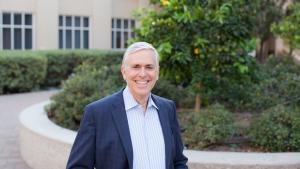People of different incomes experience happiness differently
December 22, 2017
Wealth doesn't bring happiness, but it does change how a person experiences it, according to a new study by Paul Piff, assistant professor of psychology and social behavior. Higher income people tend to have positive emotions more focused on themselves, such as contentment, pride and amusement. Lower income people have positive emotions associated with others, such as compassion and love.
Piff's research was featured in numerous media outlets: CNN, The Independent, iNews, United Press International, Bustle, The Los Angeles Times, Time Magazine, the Deccan Chronicle, Indian Express, ZME Science, The San Francisco Chronicle, and The International Business Times.









